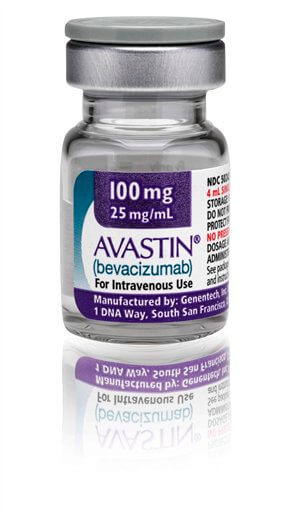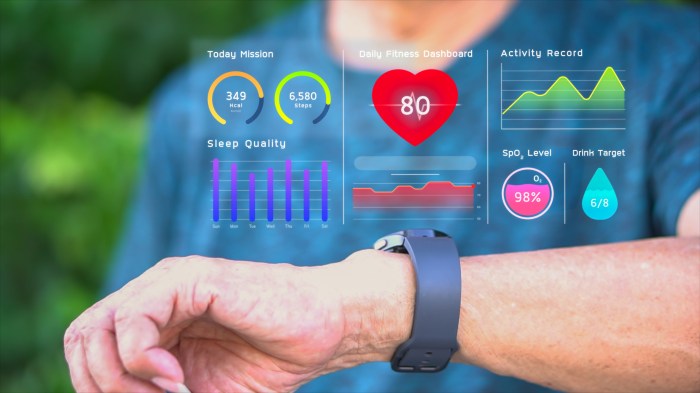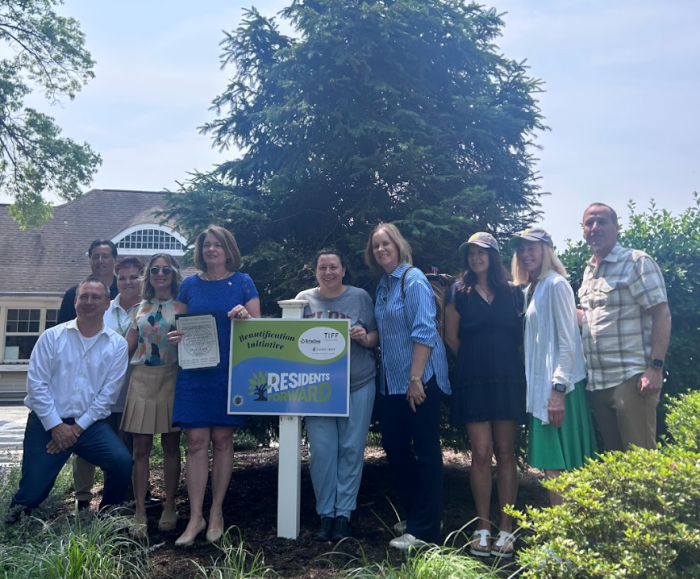
The cancer drug Avastin should no longer be used to treat breast cancer because it may cause dangerous side effects, the Food and Drug Administration said on Friday.
Despite the agency’s decision to revoke its approval of the drug to be used for breast cancer, the popular drug will remain on the market to treat colon, lung, kidney, and brain cancer, the government agency said.
“This was a difficult decision,” FDA Commissioner Dr. Margaret Hamburg said in a statement. “FDA recognizes how hard it is for patients and their families to cope with metastatic breast cancer and how great a need there is for more effective treatments. But patients must have confidence that the drugs they take are both safe and effective for their intended use.”
In June, an advisory committee recommended that the FDA withdraw its approval of the drug to treat breast cancer patients, according to reports.
In her statement, Hamburg said: “After reviewing the available studies it is clear that women who take Avastin for metastatic breast cancer risk potentially life-threatening side effects without proof that the use of Avastin will provide a benefit, in terms of delay in tumor growth, that would justify those risks. Nor is there evidence that use of Avastin will either help them live longer or improve their quality of life.”
Possible side effects include severe high blood pressure, bleeding and hemorrhaging, heart attack or heart failure, and the development of perforations in different parts of the body such as the nose, stomach, and intestines, the FDA said.
The drug was approved for breast cancer treatment in 2008 as part of the FDA’s accelerated approval program when a study suggested it could delay tumor growth. The drug’s sponsor, Genetech, completed two additional clinical trials and submitted the data to the FDA. That data showed only a small effect on tumor growth and with no evidence that using the drug led to women living longer or having a better quality of life compared to chemotherapy, the FDA said.
“FDA is committed to working with sponsors to bring promising cancer drugs to market as quickly as possible using tools like accelerated approval,” Hamburg said. “I encourage Genentech to consider additional studies to identify if there are select subgroups of women suffering from breast cancer who might benefit from this drug.”



































